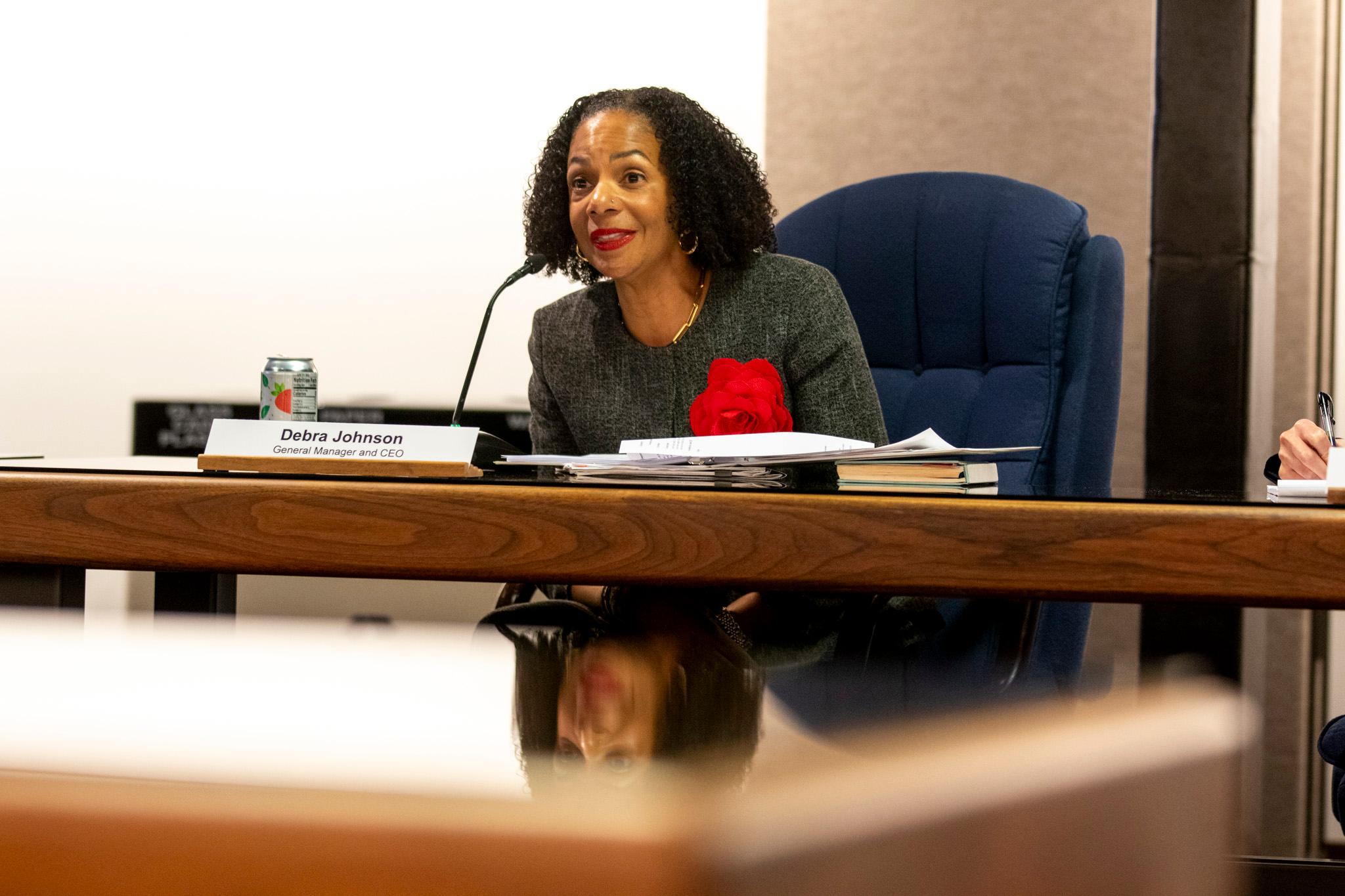A formal committee of congressional negotiators will hold their first, and maybe only, public meeting on Wednesday to kick off talks to reach a border security deal that President Trump will support.
The conference committee is made up of lawmakers who sit on the House and Senate Appropriations Committees charged with writing the annual 12 spending bills that fund the U.S. government. Seven of the 12 bills remain unresolved, although the partial government shutdown centered on just one: the Department of Homeland Security funding bill.
Appropriators are generally the most seasoned and bipartisan negotiators in Congress, and a border deal could be reached on their own more easily if not for the uncertainty of the president and his insistence on funds for a border wall. Today's meeting is open to the public, but going forward the talks are expected to go on in private.
The panel was born out of the deal reached last week to end the longest partial government shutdown in U.S. history. President Trump relented on his demand for wall funding to re-open government last week, but he refuses to take another shutdown threat off the table.
The president weighed in Wednesday morning on Twitter, telling lawmakers they are "wasting their time!" if a "wall or physical barrier" funding is not included in the deal.
Top House Democrats have shown some willingness to negotiate. House Democratic Caucus Chairman Hakeem Jeffries, D-N.Y., told reporters on Tuesday that Democrats could support fencing in certain areas if it is "evidence-based" and recommended by border experts.
Congressional Republicans are eager to reach a deal that can appease the president and head off the possibility that he tries to invoke emergency powers to end-run around Congress to build a wall. "I'm for whatever works, which means avoiding a shutdown and avoiding the president feeling he should declare a national emergency," Senate Majority Leader Mitch McConnell, R-Ky., told reporters on Tuesday. "Exactly how to do that, as you all know, has been quite challenging."
Negotiators are wrestling with the scope of the talks, with lawmakers divided on whether or not they should include broader immigration issues — such as extending protections to people in the Obama-era Deferred Action for Childhood Arrivals program — or stick strictly to funding questions.
The conference committee has a Feb. 15 deadline to get a bill to the president, or to agree to another stop-gap funding bill to keep the government open. Otherwise, another partial government shutdown looms.
9(MDEyMDcxNjYwMDEzNzc2MTQzNDNiY2I3ZA004))








